August 18, 2025
While you and your team might be returning from summer breaks, cybercriminals continue their attacks relentlessly. Research from ProofPoint and Check Point reveals a notable surge in phishing scams during the summer months. Here's how you can stay vigilant and safeguard your data.
Why Are Summer Months Riskier?
Cyber attackers exploit the summer travel season by creating fake hotel and Airbnb websites, according to Check Point Research. They observed a 55% rise in new travel-related domain registrations in May 2025 compared to last year, with over 39,000 domains registered—1 in 21 flagged as malicious or suspicious.
Additionally, the back-to-school period triggers a spike in phishing emails impersonating university communications, targeting students and staff alike. Even if your business isn't directly affected, employees checking personal emails on work devices can inadvertently expose your company to cyber threats through a single wrong click.
How to Protect Your Business
Although AI enhances cybersecurity defenses and streamlines operations, it also empowers attackers to craft highly convincing phishing emails. Training yourself and your team to recognize these threats is crucial to avoid falling victim.
Follow these essential safety tips to defend against attacks:
• Stay alert for suspicious emails. Don't rely solely on spotting spelling mistakes or poor grammar, as AI can generate polished messages. Verify the sender's email address and carefully inspect any visible links to ensure authenticity.
• Verify URLs carefully. Watch for misspelled URLs or unusual domain endings like .today or .info, which are commonly used in scam websites.
• Access websites directly. Instead of clicking links in emails or messages, type the web address yourself to avoid phishing traps.
• Activate Multifactor Authentication (MFA). MFA adds an extra layer of security, protecting your login credentials and sensitive data even if a breach occurs.
• Use caution on public WiFi. When connecting to public networks, employ a VPN to secure your access, especially for sensitive activities like booking or banking.
• Avoid checking personal emails on work devices. Keeping personal and business accounts separate reduces the risk of cross-contamination from cyber threats.
• Consult your MSP about endpoint security. Endpoint Detection and Response (EDR) tools monitor your devices, block phishing attempts and malware, and alert your MSP immediately to contain breaches swiftly.
Phishing scams grow more sophisticated daily, fueled by AI advancements. The most effective defense is a well-informed team. Stay educated, stay alert, and keep your business safe.
Start the season secure - click here or give us a call at 630-895-8208 your FREE Consult today.





